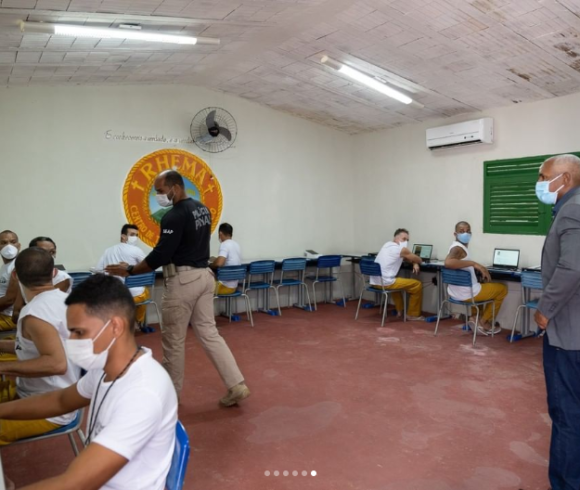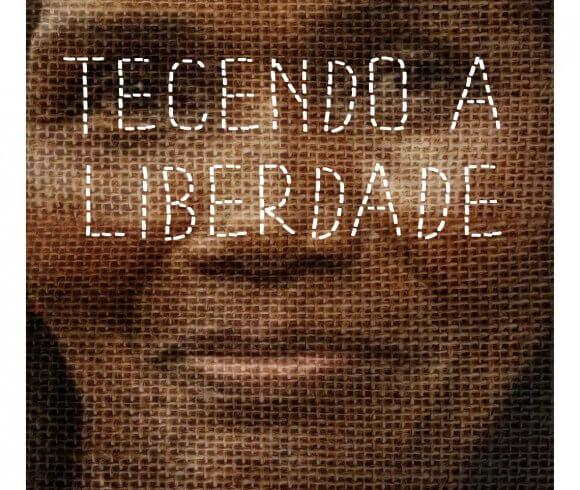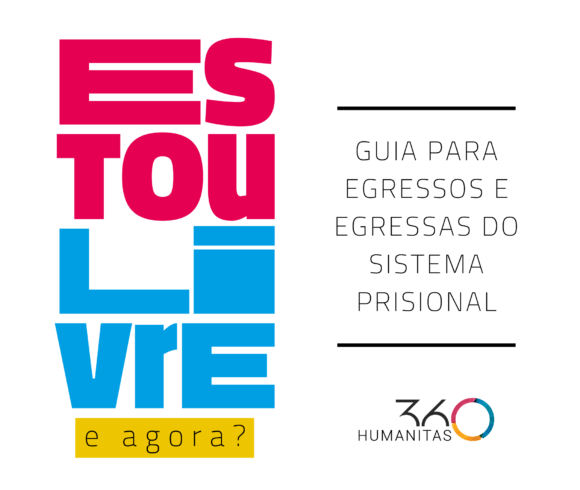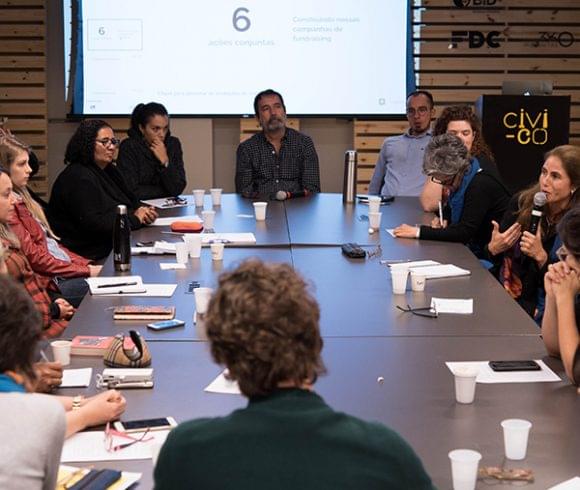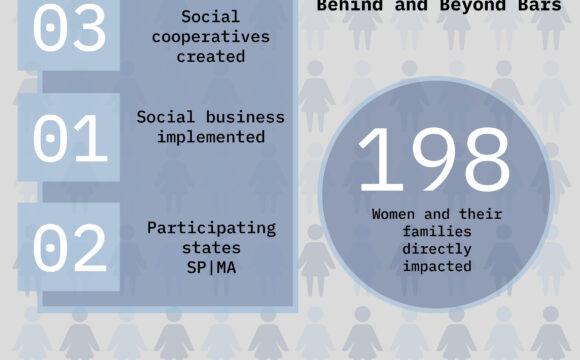At the end of the special program for Women’s Month, the Humanitas360 Institute and the social business Tereza presented some...
Violence Reduction
Latin America is home to only 8 percent of the world’s population, but accounts for 38 percent of all homicides on the planet. Data from 2017 show that among the 50 most violent cities in the world, 42 of them are in the region – 17 in Brazil, 12 in Mexico, five in Venezuela, three in Colombia, two in Honduras, and one in El Salvador, Guatemala and Jamaica. More than 140,000 people are murdered each year in Latin America – about 60,000 of them in Brazil alone.
How to make sense of so much violence in a region with so much cultural richness and known for its festiveness and friendliness? How to revert a scenario that gets worse every year? Those are the central issues that guide the work of the Humanitas360 Institute.
It is agreed that the origin of this violence stems from two main elements. The Organization of American States, prominent researchers in the field and important members of the international media agree that the war on drugs, sponsored by the US throughout the continent in the past few decades, created a culture that fostered the current situation. Former presidents, including the US’s Jimmy Carter and Bill Clinton, and Brazil’s Fernando Henrique Cardoso, vehemently support this argument.
The second factor that has yielded this explosive situation, and brought us into today’s chaos, was the policy of mass incarceration. It is indisputable that prisons throughout Latin America have been transformed into incubators of criminal factions. The overcrowding of prisons has furthered the strengthening of those organized crime groups, converting them into large organizations the are also active internationally. This is the case of the First Command of the Capital (Primeiro Comando da Capital – PCC), created in São Paulo (Brazil) as shown in documents by the Immigration and Refugee Board of Canada.
However, opposite to what the more populist discourses suggest and the opinion of more conservative sectors of society, there is no simple solution to the problem of violence in Latin America. Moreover, the solutions do not involve only repressive tools. The history of our continent in the last few decades shows that toughening laws, lengthening sentences, reinforcing policing, and discriminating against ex-inmates are not only innocuous, but they exacerbate the problem instead.
Concurrently, growing difficulties implicate the traditional approach of human rights organizations, even new promising propositions to revert the scenario, such as restorative justice. How to create a new narrative to combat the atrocities that happen in correctional facilities and to deconstruct this spiral of violence?
In the search for answers, H360 has been working as a facilitator of a broad coalition that brings together some of the main social organizations, public and private institutions, researchers, universities, public servants and activists in the region. In a space where in-depth exchanges and discussions are encouraged, we have been co-creating strategies that combine innovative solutions that aim at tearing down paradigms and transforming the view of Latin American society in regard to crime, sentencing and incarceration.


